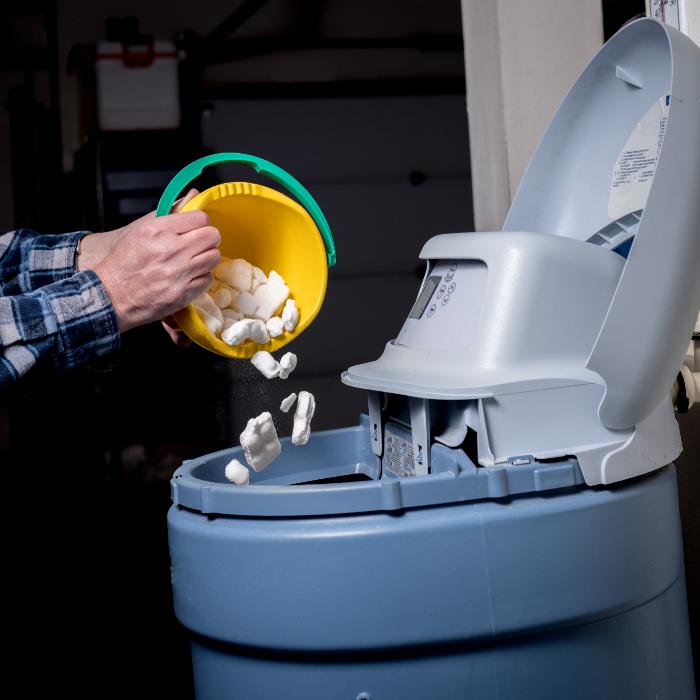Soft Water Systems
Water softener systems are used to remove minerals from hard water, making it softer and easier on your plumbing. There are many different types and brands of water softeners available, so it’s important to choose the right one for your home. We’ll help you understand the different types of water softeners and how to choose the best one for your needs.

What Is Water Hardness?
Water hardness is a measure of the amount of dissolved minerals in water. The more minerals in water, the harder it is. Hard water can cause a variety of problems in the home, including clogged pipes, mineral buildup on fixtures, and even stained laundry. A water softener system can remove these dissolved minerals, making your water softer and easier to use.

Water Softener & Filtration Systems
There are many different types of water softener systems on the market, so it’s important to do your research to find the best one for your home. Systems use different methods to soften water, so you’ll want to choose one that is compatible with your home’s water supply. You’ll also want to consider the size of the system, as well as the features and price.
What Our Clients Say
Some kind words from our respected clients
How Do Water Softeners Work?
Water softeners work by exchanging positively charged ions in the water with sodium ions. The positively charged ions are replaced with sodium ions, which are neutral. This process is called ion exchange. The sodium ions bind to the magnesium and calcium ions, preventing them from binding to other surfaces.


What Are The Health Benefits Of Home Water Softening?
Water softeners are systems that remove minerals from water, making it softer. The health benefits of using a water softener include:
If you are considering installing a water softener in your home, it is important to choose the right system for your needs. There are many different types of water softeners on the market, so it is important to do your research before making a purchase.
Residential Water Softening
Water softeners are systems that remove minerals from water, making it soft. The softened water is then used for various purposes like laundry, dishes, and bathing. There are many types of water softeners available in the market, and choosing the best one for your home can be a daunting task but we are here to help you.
The first step is to consider the size of your home and how many people live in it. You will also need to determine if you want a tankless or a tank water softener. Tankless water softeners are more expensive than tank ones, but they have several advantages. They do not require a storage tank and as a result use less space. They also work faster because there is no need to wait for the softener to fill up with water. Tankless softeners are also more energy efficient than tank ones.


Get A Free Quote Today
If you’re ready to soften your water, then contact us today for a free consultation. With our expertise, we’ll find the right system for your home and budget. Simply fill out the form on our website or give us a call today, you’ll be glad you did!
